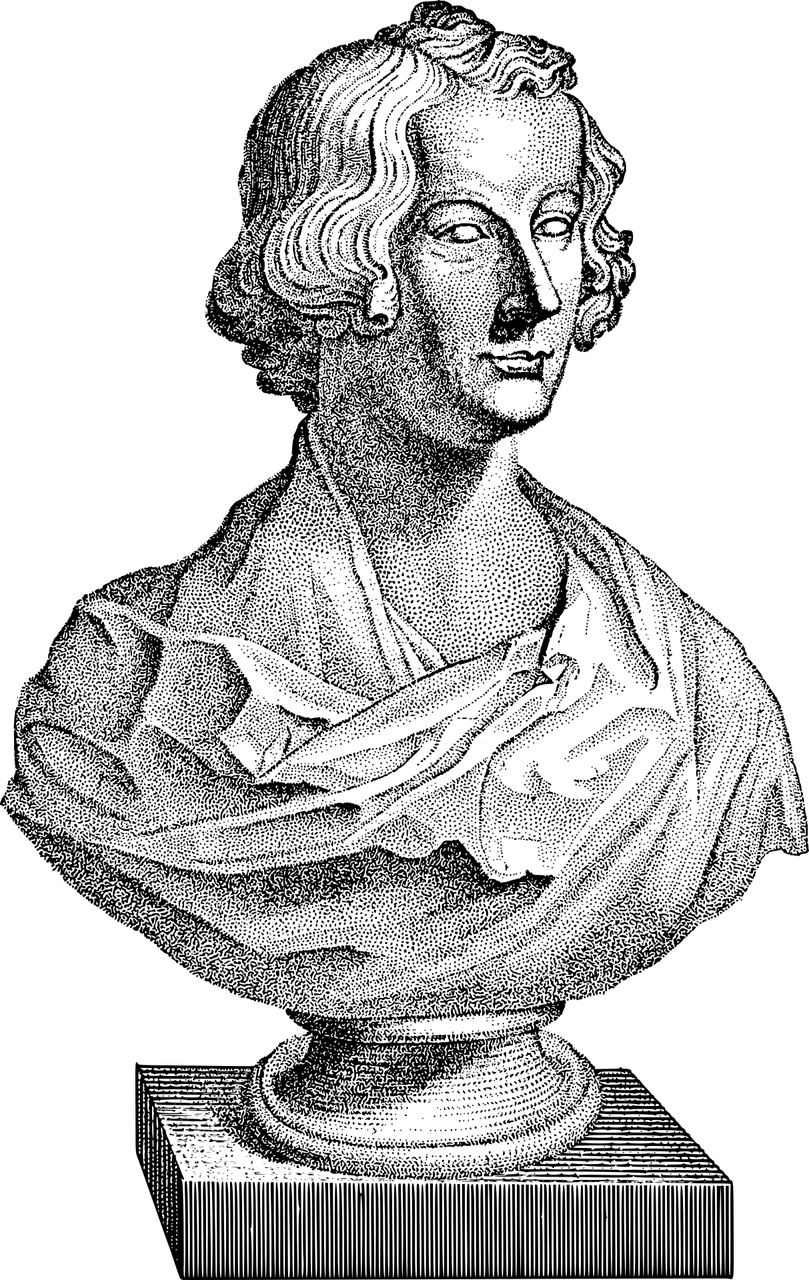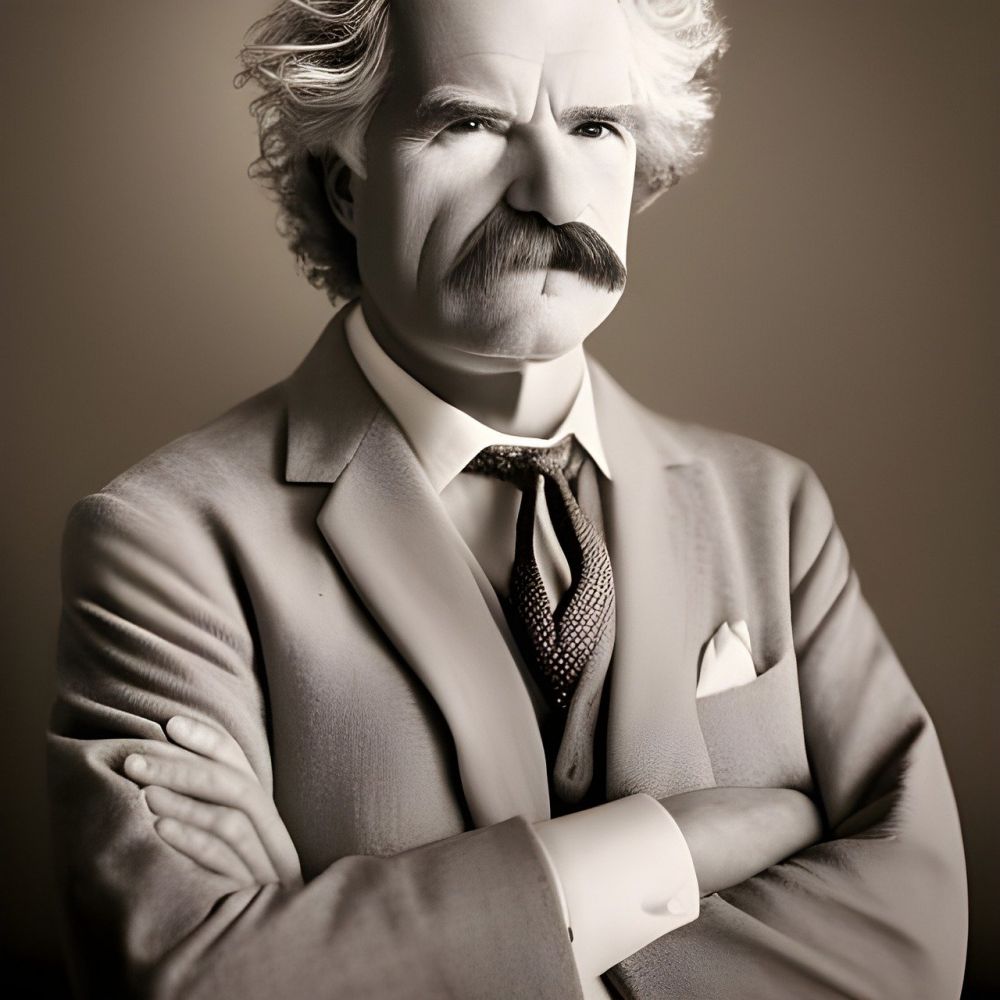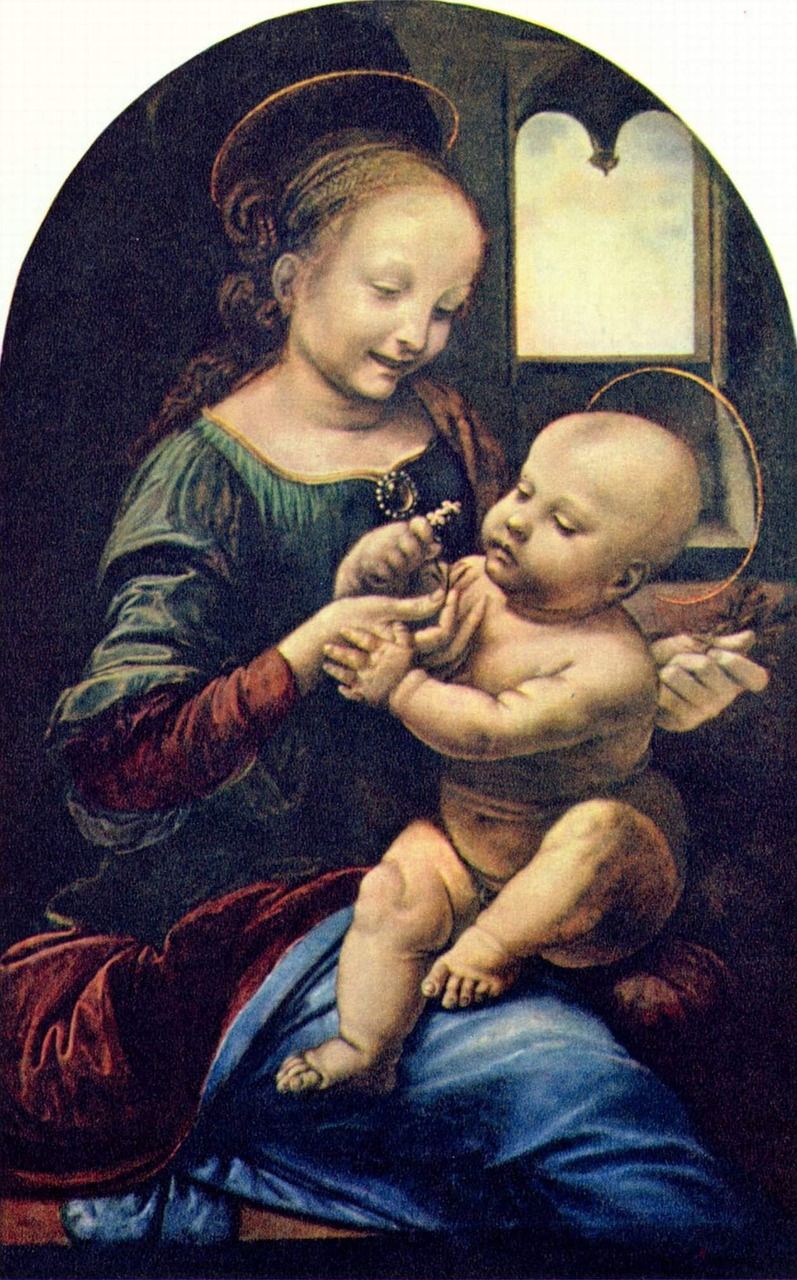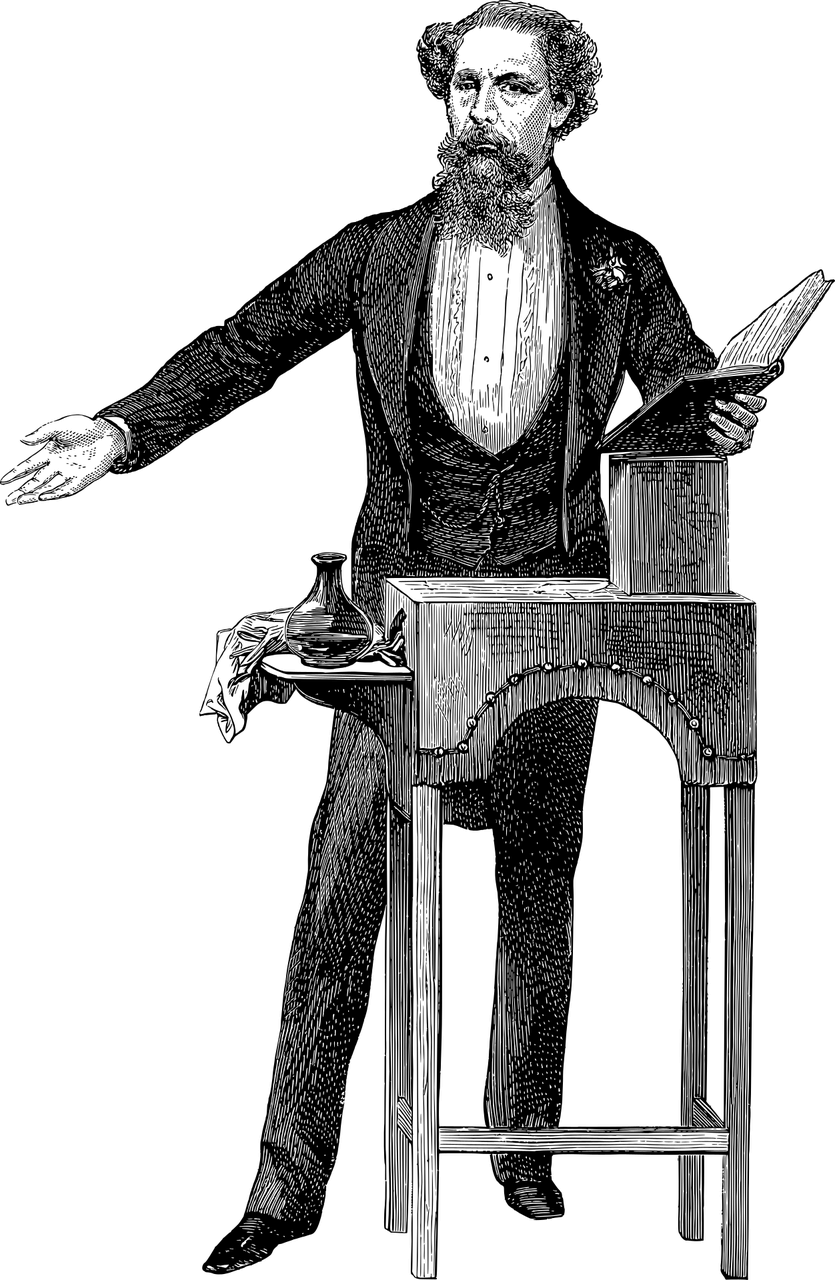Animal Farm by George Orwell: A Revolutionary Tale in the Animal Kingdom

Introduction:
Animal Farm by George Orwell is a timeless literary masterpiece that continues to captivate readers with its powerful message and thought-provoking allegory. This article aims to provide a comprehensive overview of the novel, covering its significance, historical context, and evolution over time. Whether you’re a literature enthusiast or someone seeking to delve into Orwell’s works, this article offers valuable insights into Animal Farm, shedding light on its enduring appeal.
Overview of Animal Farm:

Animal Farm, published in 1945, is a satirical novel that presents a scathing critique of totalitarianism and serves as an allegory for the Russian Revolution of 1917 and subsequent Soviet Union under Joseph Stalin. Orwell cleverly employs farm animals to depict the revolutionaries, their ideologies, and the ensuing corruption, ultimately questioning the nature of power and the potential for abuse in any political system.
The story unfolds on Manor Farm, where the animals, led by the pigs Napoleon and Snowball, rebel against their human oppressors, Mr. Jones and the other farmers. Inspired by the vision of “Animalism,” an egalitarian society where all animals are equal, the animals establish their own self-governing farm. However, as the pigs consolidate power, the initial ideals of equality and liberation gradually erode, giving way to corruption, oppression, and a new ruling class.
Historical Context and Evolution:
To truly appreciate Animal Farm, it is essential to understand the historical context in which it was written. Orwell, a staunch critic of totalitarianism, drew heavily from his experiences during the Spanish Civil War and his disillusionment with the Soviet Union. The novel serves as a scathing indictment of Stalinism and the betrayal of the original ideals of the Russian Revolution.
Since its publication, Animal Farm has resonated with readers across generations and cultures. It has been translated into numerous languages, adapted into stage plays and films, and remains a staple in the literary canon. Orwell’s astute portrayal of power dynamics, propaganda, and the dangers of unchecked authority continues to be relevant in contemporary societies.
In recent years, Animal Farm has gained renewed attention as readers draw parallels to current political landscapes and populist movements. Orwell’s depiction of the manipulation of language, media, and historical revisionism serves as a chilling warning against the erosion of truth and the rise of authoritarianism.
Featured Snippet Potential:
1. Animal Farm: George Orwell’s timeless allegory of power and corruption
2. Exploring the historical context and inspiration behind Animal Farm
3. The enduring legacy of Animal Farm: From literature to popular culture
4. The relevance of Animal Farm in today’s political climate
5. Orwell’s powerful critique of totalitarianism in Animal Farm
Conclusion:
Animal Farm by George Orwell is a literary masterpiece that continues to captivate readers with its profound allegory and insightful critique of political systems. This article has provided an in-depth exploration of the novel, its historical context, and its evolution over time. As Orwell reminds us through the plight of the farm animals, the struggle for equality and freedom is a constant battle, demanding vigilance and an unwavering commitment to truth and justice. Animal Farm remains a powerful reminder of the potential dangers of unchecked power and the importance of defending democratic values in any society.





